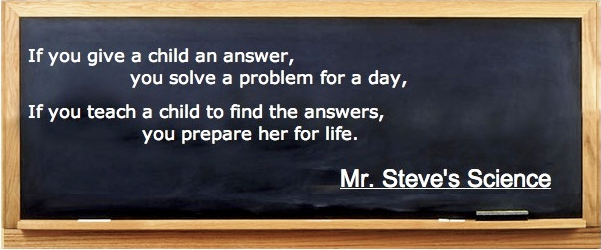I have heard some writers talk about writing every day, I have decided to take this approach with curriculum development. And will be creating a Fraction a day, to support an OER (Open Educational Resource) for mathematics education I am working on with some folks from OLPC (Randall Caton and
Edward Cherlin).
Edward Cherlin).
Rather than a complete curriculum/textbook/
So a couple of tasks:
- Identify XO Activities we can use to teach fractions (I spend most of my time in Etoys, but we should use Turtle Art and others)
- Identify existing lessons we can refer to or re-render (ex: http://illuminations.
nctm.org/LessonDetail.aspx?ID= U152) - Identify virtual manipulatives needed (I have cuisenaire rods and pattern blocks in Etoys, here is a nice one at Illuminations)
- Identify physical manipulatives that can be used (and id how can be easily and cheaply created by kids/teachers)
- Identify no computer, concrete activities kids can do (ex: 1) Fold a paper in half and cut, 2) Label as 1 piece of X needed to make a whole sheet; repeat)
- Create/Identify a lesson, manipulative, blog pos or video each day. Okay ambitious, but do-able (for short sprints). It helps me keep the perfect from being the enemy of the good and gets me focused and moving. I look at it as the equivalent of some writers practice of writing something every day.
- Identify Models of Fractions and how we can present these different models in concrete forms as a kind of Fraction Exploratorium
- Identify common mis-conceptions learners have about fractions and using them and identify ways of addressing these mis-conceptions.

No comments:
Post a Comment